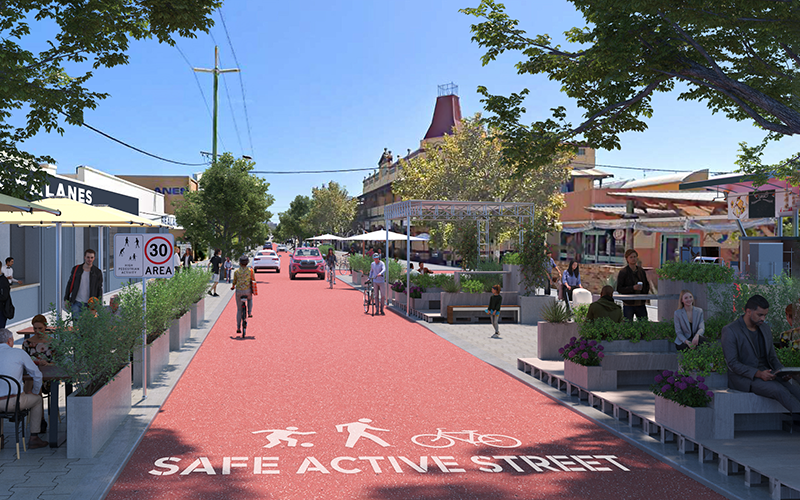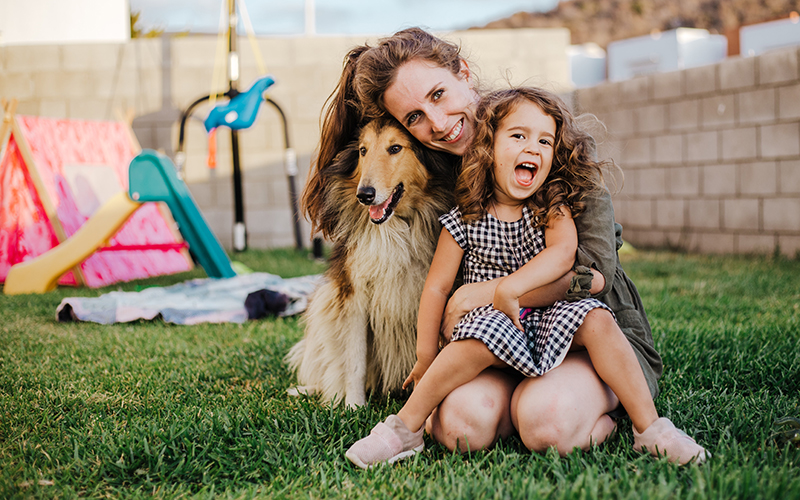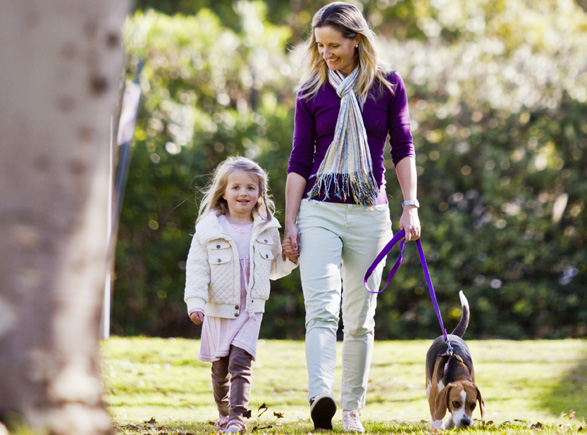Search
Research
Adaptations to scale-up an early childhood education and care physical activity intervention for real-world availability — Play ActiveAdaptations for scale-up are ubiquitous but are rarely described in detail. Adaptations may be a key reason for the "scale-up penalty" which is when there is a reduction in intervention effect size following scale-up. The Play Active intervention consists of a physical activity policy for early childhood education and care (ECEC) services, with accompanying implementation support strategies.
Research
The moderating role of parent perceptions in relationships between objectively measured neighbourhood environment attributes and pre-schooler's physical activity: Findings from the PLAYCE studyWe examined the moderating effects of parent perceptions of the neighbourhood environment on associations between objectively measured neighbourhood environment attributes and physical activity among pre-schoolers. The number of neighbourhood parks was positively associated with pre-schooler energetic play when parents had above average perceptions of access to services.
Research
The Role of Grandparents in Facilitating Children’s Physical ActivityResearch suggests there is considerable opportunity to improve children's movement behaviors while they are being cared for by their grandparents. An understanding of the extent to which grandparent practices facilitate children's engagement in physical activity is critical to the development of health interventions targeting grandparent caregivers.
Research
Population-referenced percentiles for total movement and energetic play at early childhood education and careChildcare services such as preschools and long day care centres have been identified as a key setting to promote physical activity in early childhood as they provide access to large numbers of children for prolonged periods. Yet, specific standards for the type and amount of physical activity children accumulate whilst attending childcare are lacking. The purpose of this study was to derive population-referenced percentile values for children's total movement and energetic play whilst attending early childhood education and care services.
Research
The Challenges of Being Physically Active: A Qualitative Study of Young People With Type 1 Diabetes and Their ParentsBenefits of physical activity are well recognized for youth with type 1 diabetes mellitus (T1DM), but being active is challenging. In this study, we aimed to investigate the challenges experienced by adolescents, their parents and young adults with T1DM when they are physically active.

News & Events
More pedestrians, less cars: Researchers call for shopping strip overhaulResearchers have identified 10 Australian shopping strips where the removal of on-street parking would transform the area’s liveability.

News & Events
Family dogs help kids move and sleep more: new studyResearchers exploring the potential health benefits of pets have found children who regularly walk and play with a family dog are more active, have less screen time, and sleep more.

News & Events
Dogs are more than companions, they are great for our mental wellbeingA new study has highlighted the positive impact dog ownership has on our mental health.

Research
Scalability and scaling-up strategy of a physical activity policy intervention in Australian childcare centresThere is an urgent need for scalable interventions to promote physical activity in early childhood. An early childhood education and care physical activity policy intervention with implementation support strategies (Play Active) has been proposed for scale-up in Australia.
